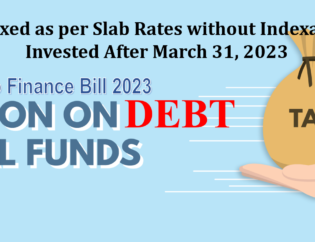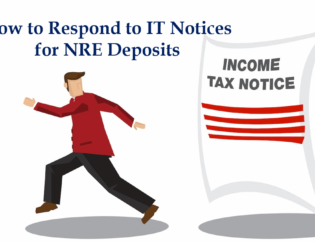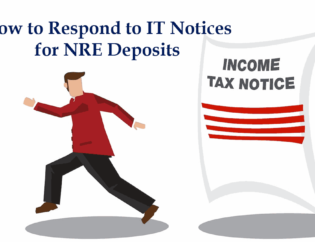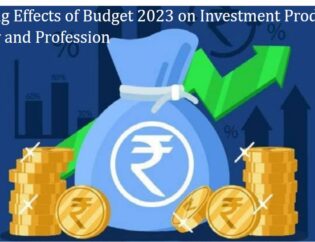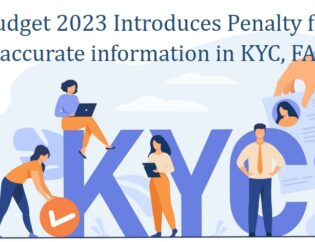RBI in its bi-monthly Monetary Policy Review meeting decided to change the policy stance from calibrated tightening to neutral and to reduce the repo rate from 6.5% to 6.25%.
This was mainly due to
1. Slowdown in global economy,
2. Low inflation (just 2.2% in December with next year outlook of about 3.5% for the calendar year 2019),
3. Increase private investments, and
4. Stimulate growth
In addition, RBI also proposes to modify the foreign exchange derivative regulations to improve access and participation, set up a task force on offshore rupee markets, rationalization of interest rate derivatives, withdrawal of limit of single corporate bond by FPI and allowing companies under IBC to avail ECB.
RBI also changed the definition of bulk deposit from 1 crore to 2 crores and decided to establish umbrella organisation for Urban Co-Op banks, harmonization of NBFC as well as regulating Payment banks (Payment Gateway Services).
Takeaways from the RBI Monetary Policy Review for investors:
Positives:
1. The lower rate will help big companies to reduce debt burden.
2. EMIs will go down so more savings
3. The liquidity is infused that may benefit the struggling NBFC sector. Also, harmonization and merging of 3 NBFC categories into NBFC – Investment and Credit Company (NBFC-ICC) would provide better flexibility in operations.
4. Steps related to FPI limiit, forex derivative contracts, UBC, and Payment bank will increase confidence, streamline process and provide better regulation and oversight
Negatives:
1. It sends a message that current state of affairs are not positive and need to be supported with a rate cut.
2.. The policy is based on assumption of lower inflation, low price of oil and enough forex reserve. If these things turn negative, the policy stance will change. Interest rate and monetary policy are not like stock market that goes up and down frequently. It may stay the same for a long time before going up or going down but never fluctuate. While it can also be termed as proactive and flexible, it may send a wrong signal for long term investors.
3. FD interest rates will go down.
Lowering interest rate may also be seen as an extension of budget to win heart of common man in this election year!
This was mainly due to
1. Slowdown in global economy,
2. Low inflation (just 2.2% in December with next year outlook of about 3.5% for the calendar year 2019),
3. Increase private investments, and
4. Stimulate growth
In addition, RBI also proposes to modify the foreign exchange derivative regulations to improve access and participation, set up a task force on offshore rupee markets, rationalization of interest rate derivatives, withdrawal of limit of single corporate bond by FPI and allowing companies under IBC to avail ECB.
RBI also changed the definition of bulk deposit from 1 crore to 2 crores and decided to establish umbrella organisation for Urban Co-Op banks, harmonization of NBFC as well as regulating Payment banks (Payment Gateway Services).
Takeaways from the RBI Monetary Policy Review for investors:
Positives:
1. The lower rate will help big companies to reduce debt burden.
2. EMIs will go down so more savings
3. The liquidity is infused that may benefit the struggling NBFC sector. Also, harmonization and merging of 3 NBFC categories into NBFC – Investment and Credit Company (NBFC-ICC) would provide better flexibility in operations.
4. Steps related to FPI limiit, forex derivative contracts, UBC, and Payment bank will increase confidence, streamline process and provide better regulation and oversight
Negatives:
1. It sends a message that current state of affairs are not positive and need to be supported with a rate cut.
2.. The policy is based on assumption of lower inflation, low price of oil and enough forex reserve. If these things turn negative, the policy stance will change. Interest rate and monetary policy are not like stock market that goes up and down frequently. It may stay the same for a long time before going up or going down but never fluctuate. While it can also be termed as proactive and flexible, it may send a wrong signal for long term investors.
3. FD interest rates will go down.
Lowering interest rate may also be seen as an extension of budget to win heart of common man in this election year!



